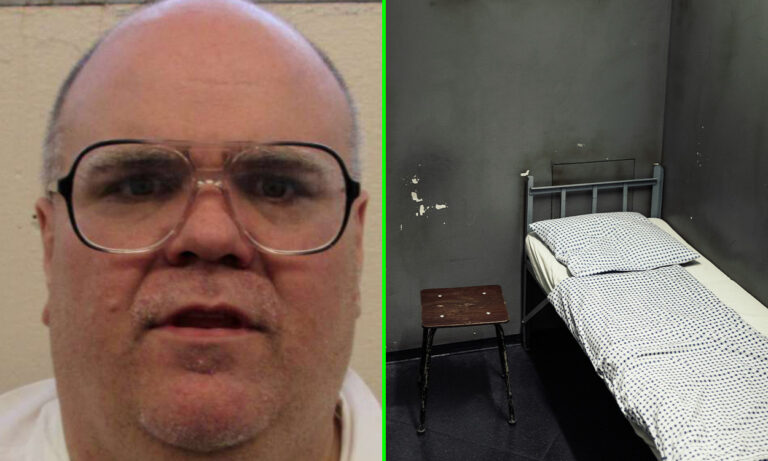Alabama says it’s not ready to execute death row prisoners using controversial new method
Alabama had been preparing to become the first state in the United States to execute a prisoner using nitrogen hypoxia. Alan Eugene Miller was scheduled to be put to death on 22 September 2022 using this method. However, this may no longer be the case.
According to Sky News, Miller, who was convicted of killing three men in a workplace shooting rampage in 1999 near Birmingham, Alabama, signed a document in 2018 opting for nitrogen hypoxia as his form of execution rather than lethal injection, due to a serious fear of needles.
Execution by nitrogen hypoxia would involve the offender breathing in a gas mixture of pure nitrogen and, unlike lethal injection, would be reportedly painless. Michael Copeland, a proponent of this method, told The Atlantic, “In industrial accidents, it often happens because the victim does not know they are in a hypoxic environment, that suffocating feeling of anxiety and discomfort is not associated with hypoxic deaths.”
Copeland went on to state: “The condemned person might not even know when the switch to pure nitrogen occurs, instead he would simply lose consciousness about fifteen seconds after the switch was made. Approximately thirty seconds later, he would stop producing brain waves, and the heart would stop beating about two to three minutes after that.”
In 2018, Alabama became the third state, following Mississippi and Oklahoma, to legalise the new execution method. And while some were accepting of this new move, others were more critical—deeming it an insensitive “human experiment.”
It has now come to light that Miller may not be able to pursue his chosen form of execution. In a turn of events, the Montgomery Advertiser reported that on 15 September 2022, the commissioner of the Alabama Department of Corrections attested in an affidavit entered in federal court that the state would be unable to execute Miller by nitrogen hypoxia by his scheduled date.
In a statement that followed, the commissioner emphasised that further staff training was needed before the protocol for the new method of execution could be put into practice. Meanwhile, Miller’s attorneys have strongly argued that the state is depriving their client of equal protection under the law, forcing him to carry out his death penalty through a method he outwardly rejected.
Death by lethal injection has also garnered widespread attention recently after prisoner Joe Nathan James Jr was forced to painfully endure a three hour long execution, which state officials insisted was “nothing out of the ordinary.”
Robert Dunham, executive director of the Death Penalty Information Center, warns that inmates such as Miller may be making “an uninformed choice.”
“The odds of being tortured to death by lethal injection are pretty substantial,” the expert told CNN. “The odds of a botch with nitrogen hypoxia are uncertain. I think it’s a choice to avoid a sure bad thing, as opposed to an affirmative embrace of nitrogen hypoxia.”






